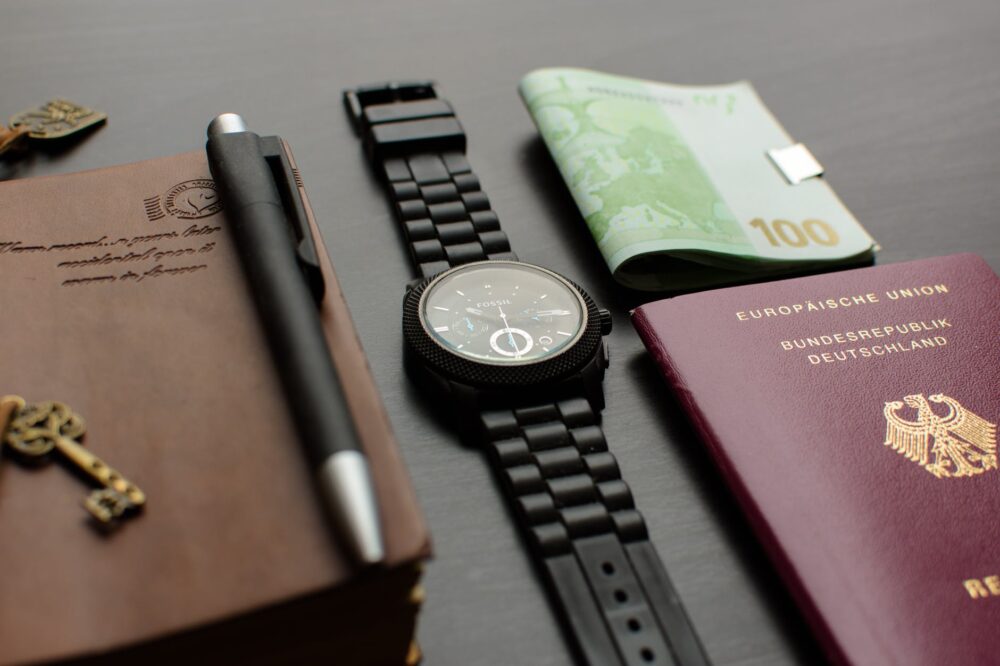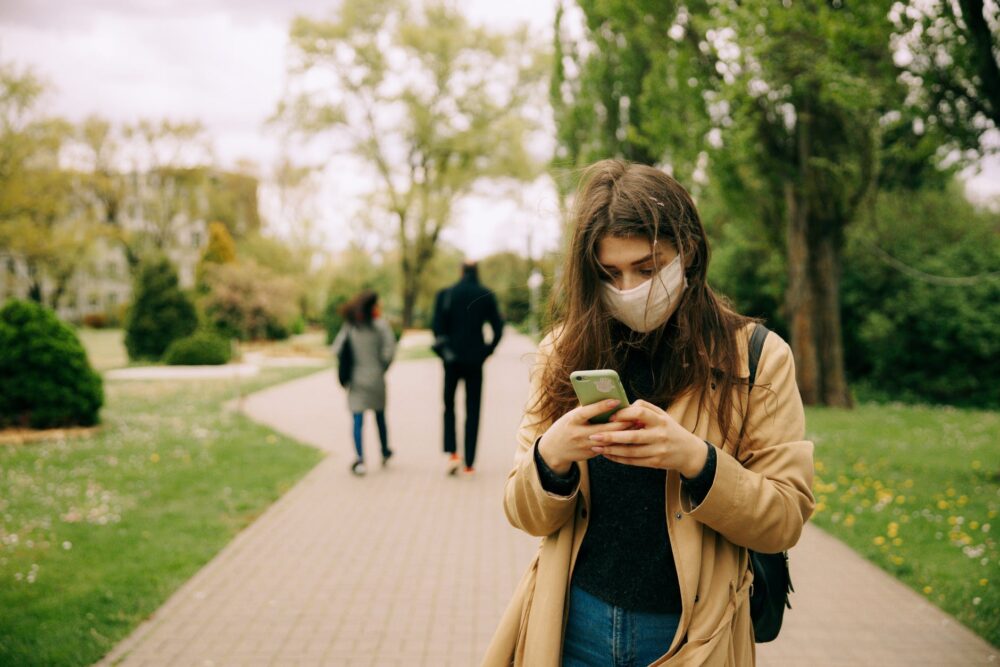The US is the home of some of the world’s top-ranked colleges. By offering excellent career opportunities and high quality of life, every year, the United States of America attracts thousands of students from all over the world. Studying abroad is an exciting, as well as a life-changing experience for any student as it helps them grow academically and become more independent. Even though it is the melting pot for many cultures, there are some things one has to know about this big country in order to acclimatize faster and better. It is said that the US is the land of opportunities, so it is crucial that one has a good picture of what should be done, and what must be avoided when it comes to integrating into the college communities. Here are some dos and don’ts Forward Pathway recommends for international students in the US, particularly those who are going there for the first time. Here is some practical information that can help you can make the best of your time as an international student in the USA.
DO
Check the validity of your passport

Source: pexels.com
You must ensure that your passport has at least six months’ validity at any point in time during your stay there, especially before getting a visa stamped on it. It should also have an adequate number of blank pages for all the potential stamping purposes when entering the country. Keep the expiry date of your current passport in mind so that you can apply for a new one at your country’s embassy or consulate, and get it at least six months in advance.
Keep Your Documents Safe

Source: pexels.com
Your documents are the proof of your identity and legal status in the country, and to ensure your own legal status and continued to stay in the US, keep the documents safe, but also easily retrievable as and when needed. Always keep photocopies and digital copies or scans of all the documents just in case one gets lost, damaged, or misplaced, so being able to produce a copy might make the procedures to obtain it a bit easier, or will do the job just like the actual document.
Familiarize yourself with the campus/city
Some campuses might resemble small towns, so finding your way around them might take up some time and effort. Find out how you will get around the campus, but also around the city where the university is situated – whether by a bike, a car, public transport, or even an electric scooter. Except for the campus facilities – the teaching rooms, the library, the dorms, he professors’ offices, it would also be practical knowing the location of a pharmacy, a doctor’s practice/hospital, a place to grab a quick bite to eat, a supermarket, and a place to hang out with friends.
Update Any Personal Information

Source: pexels.com
The US visa is a very strict affair, and small mistakes such as outdated information can jeopardize it. Update any information such as a change in t current address, transfer to a different institution, or any other detail, however insignificant it might appear at first sight. The failure to do so can be seen as concealing information from the government, and you might end up facing dire consequences for trivial negligence.
Buy International Students’ Health Insurance
Health services in the US are extremely expensive and have nothing to do with what you might have in mind, especially if coming from Europe. Even though it is very likely that you will stay in good health, having a solid health insurance plan, just in case you suffer an injury or get sick, will save you a lot of money and trouble in the long run. Many healthcare insurance companies can cover your medical needs, so you should do some research to find out which one is the most suitable for you.
Get a US phone number

Source: pexels.com
Getting yourself a US phone number with a good payment plan would be one of the smartest few first steps. Even though it is very likely that you might be able to find wireless internet on- and off-campus, having your own internet data will prove to be useful. Also, it is recommended to download apps that will be helpful for organizing your schedule, for getting around, and of course – communicating with your fellow students and the professors or the administrative staff of the college.
DON’T
Break Laws

Source: novisadlaw.com
While it goes without saying, a spat with the law can not only get you deported; it can effectively ruin your chances of studying or working in the US in the future. Do not engage in risky activities and be careful around people you don’t really know. Inform yourself about the laws of the state that you will live in, and what are the so-called “federal crimes” like internet piracy, mail fraud, animal cruelty, child pornography, tax evasion, art theft – and many others. Moreover, be mindful of the rules of your college as an expulsion will render your student visa canceled and will get you deported.
Fail Your Classes
Since the purpose of your studies is to advance academically, plan your time wisely, study hard, and pass your exams. If you fail to maintain a status as a full-time student, your visa will be at risk. Work to improve your networking skills because they will open the doors to better career options. Also, try to include some extracurricular activities, but not at all costs. Find out whether you will be allowed to find a part-time job, based on the visa and the university’s policy. Make your time and effort in this country worthwhile.
Spend Irresponsibly

Source: pexels.com
The US is an expensive place to be, and it is the heaven of consumerism. Resisting the urge to buy will be challenging, but you need to learn to spend money responsibly, or you will be broke very fast. Open a bank account, optimize the spending and expenses, and try to save some money. Do a background check before spending money online so that you don’t fall prey to scams or get involved in something illegal.


















